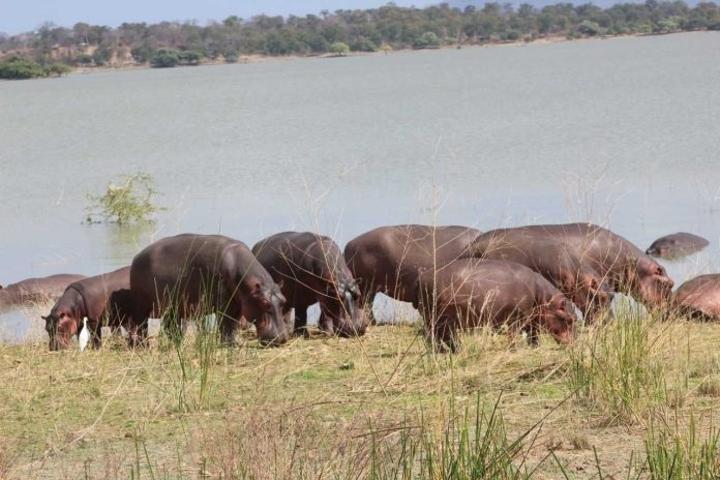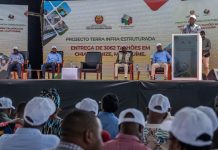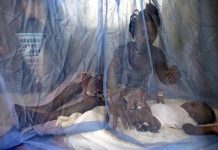Africa-Press – Mozambique. Seventy-three people died in the first half of this year from attacks by wild animals in various parts of Tete province, an increase compared the same period last year, when 24 deaths were registered.
Also during the first half of this year, wild animals destroyed 26 canoes used to transport people and cargo and for fishing activities in the various watercourses in the districts of Mágoè and Zumbo.
In addition to that damage, the animals devastated more than 677 hectares of crops, director of Territorial Development and Environment Services at the Tete Provincial Executive Council, Óscar Zalimba, told Noticias.
To deal with the situation, teams made up of personnel from the Protection of Natural Resources and the Environment police, the District Services for Economic Activities, safari operators and local communities were working on deterring and selectively killing animals considered problematic, he said.
Zalimba said that, in total, 118 sessions to drive away wild animals went ahead, particularly in the districts of Zumbo, Mágoè, Cahora Bassa, Dôa and Changara.
“From January to June this year, around 60 animals considered problematic were killed, including hippos, crocodiles, elephants, buffaloes and hyenas,” the director explained, adding that 43 locations in Mutarara, Dôa and Mágoè districts were identified as critical for human/wildlife conflict with crocodiles, hippos, buffaloes and lions.
Read: Seven killed by crocodiles so far this year – while fetching water in Mutarara | Mozambique
The teams also identified flash points in pastures as a result of factors linked to climate change.
“We also noticed the persistence of communities setting uncontrolled fires in areas destined for grazing and watering wild animals,” said Zalimba, adding that work with community leaders to raise awareness and avoid such practices was underway.
The director of Territorial Development and Environment Services at the Tete Provincial Executive Council said that, at district level, his institution was also working with local authorities with a view to ensuring an integrated approach to land-use policies achieving a balance between food production, renewable energy and the conservation of forest and wildlife resources.
In this context, activities are underway in the districts to encourage the participation of local communities in the prevention, detection and punishment of illegal activities harmful to forests and wildlife, Zalimba said.
By
Joaquim Sitefane
Read: Wild animals killed 97 Mozambicans in 2020 – crocodiles are the most lethal
For More News And Analysis About Mozambique Follow Africa-Press






